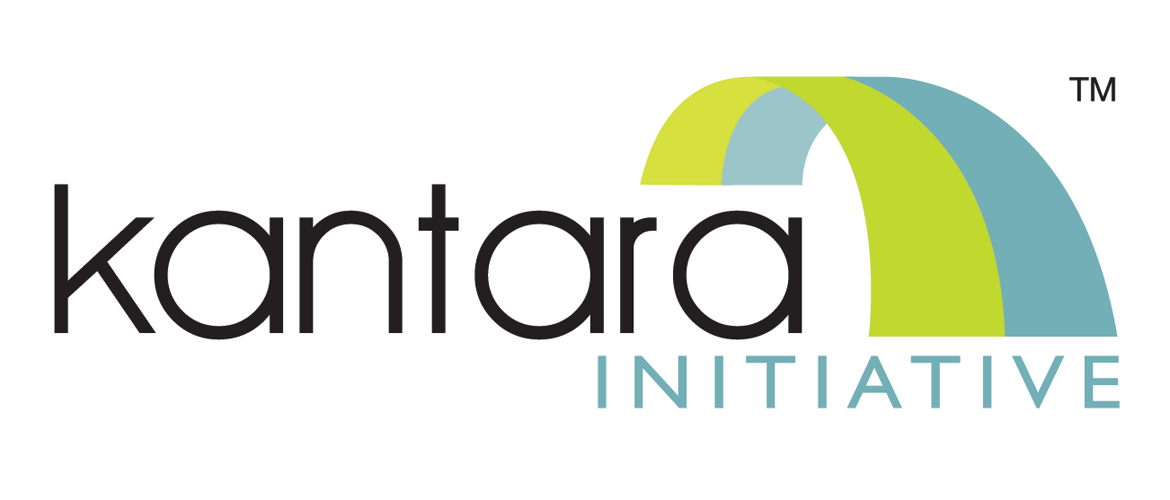Our 2023 #DEIA survey is now open! Click here to participate!
Project Concordia, a Kantara Initiative co-founder, recently responded to a need of one of its members and issued a simple survey to learn more about the community’s use of identity federation. 112 respondents viewed the survey (which weeded-out organizations who were not participating in a federation, resulting in 103 survey respondents). Some interesting highlights (the full survey is available here) include:
• The most popular federation protocol was SAML 2.0 (75.6%). The next highest response category (respondents could select all that applied) was SAML 1.x at 53.5%.
• Between two and ten federated relationships, for both Service Providers and Identity Providers, was the most popular number of relationships, although the next most popular category for both was “more than 10”, so clearly where there’s traction, it’s growing (proving getting over that first hump is often the hardest task).
• Commercial federation products were popular (59.8% of respondents using), although open-source toolkits also had a strong showing (46.3%).
• Many recognized benefits had more than 50% of respondents, including single sign-on benefits (87.8%), enhanced user experience (64.6%), greater security (63.4%), and reduced costs to support partners (63.4%).
• But there are still challenges, chief among them potential partners lacking identity federation technology (78%) and lack of experience in implementing federation technology (65.9%)
Most telling of all was the ending free response area, which is best summed up with the very first comment: “[We] need to find ways to make people realize [federation is] a business partnership first before technical; more emphasis gets placed on technical, but should be placed on business.” Several others went on to point to the importance of trust, legal relationships, clear administrative boundaries, and a common identity assurance framework (yes, some of our prospective members have some thoughts here!).
Clearly the time is ripe for federation. Where the audience is educated and relationships exist, benefits are being realized. But we still have a huge opportunity ahead of us to better educate and make it easier to “do” federations by solving some of those business partnership issues in a more consistent way. Those who are succeeding seem very happy and realizing great results—they just want more partners to federate with—now!
Looking forward to some more research from the Concordia community! Survey suggestions appear to be welcome on the survey page.

